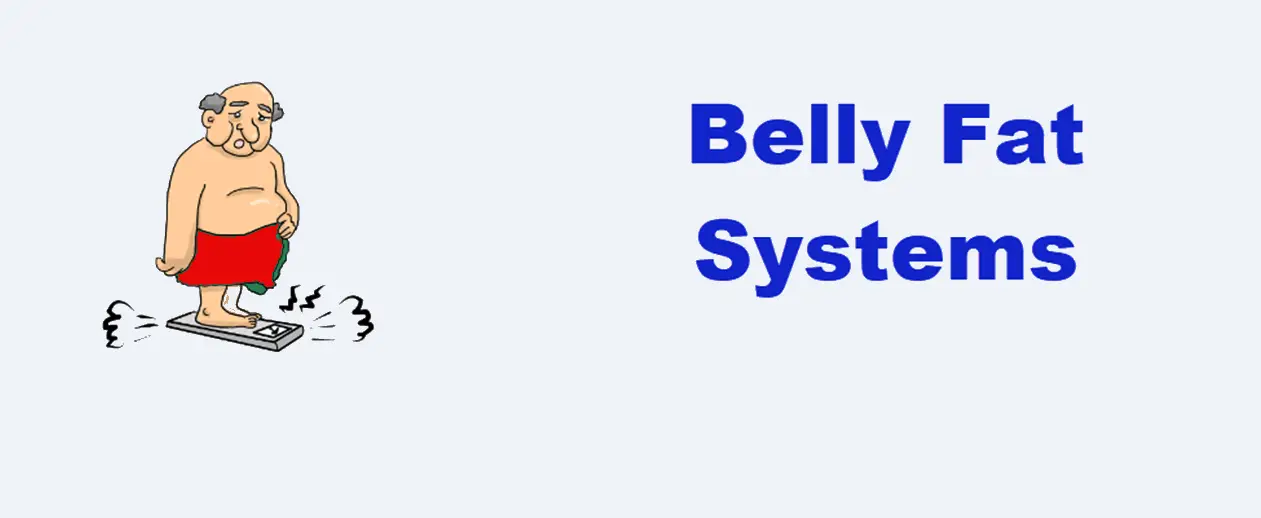
Losing belly fat can be difficult for many people, but there are things you can do to speed up the process and help make progress more rapid.
When it comes to belly fat loss, you need to use an approach that incorporates nutrition, exercise and restorative sleep. Here are three things you can do to speed up this process:
Exercise
Exercise can help you shed those extra pounds of belly fat by burning calories and dropping weight; in addition, exercise has numerous other health advantages that could reduce risk factors for cardiovascular disease, high blood pressure and some forms of cancer.
To effectively shed belly fat, the key to success lies in including various exercises into your routine. Not only will these help build muscle while you shed fat, they may also boost metabolism so that more calories are burned throughout the day.
Cardio and resistance training is the best way to reduce belly fat. Both forms of exercise can effectively target different parts of your body and can be done anywhere – be it the gym or at home.
High-intensity interval training (HIIT), or high-intensity interval training, is an efficient cardiovascular workout designed to target calories while building muscle simultaneously. You can perform it through activities like running, cycling or walking; even simple daily chores can qualify as HIIT workouts! HIIT can help burn calories quickly while simultaneously developing new ones; just follow this formula for maximum effect!
HIIT workouts are an efficient way to burn more calories quickly because they engage multiple muscle groups simultaneously. Plus, you can do one at home by yourself using dumbbells!
One way to incorporate high intensity interval training (HIIT) workouts is through sit-ups, an excellent abdominal exercise which targets core muscles. Repeating several repetitions will increase core strength and tone abs, making sit-ups an effective tool in combating belly fat.
Before starting an exercise regimen, especially if you have medical conditions such as high blood pressure or diabetes, always consult with a doctor first. Your physician can then recommend exercises and help get you moving. Set a goal of exercising five times every week for at least 30 minutes at a time – starting today!
Diet
One effective strategy to lose belly fat is limiting consumption of fried foods and sugary beverages, which not only contain high calorie counts but may also contain harmful trans fats that increase risk of heart disease, diabetes and obesity.
Another effective strategy for losing belly fat is by eating a well-rounded diet composed of proteins, carbs, fats and dietary fiber. Foods rich in dietary fiber help increase satiety while aiding digestion to avoid constipation which leads to weight gain in abdominal areas.
Eating a high-protein diet can also help maintain muscle mass and boost your metabolism, while helping you feel full for longer – making it easier to avoid unhealthy snacks!
Include lean sources of protein at every meal – such as eggs, low-fat yogurt, chicken, fish and beans – to stay satisfied without adding unnecessary calories. Also remember to eat more whole grains, fruits and vegetables for greater fiber intake.
Studies have demonstrated that people who consume more fiber were less likely to develop visceral belly fat over five years, specifically when increasing by one 10-gram daily serving of soluble fiber per day. Researches discovered this connection; for every 10-gram daily increase in soluble fiber intake was linked with an estimated decrease of 3.7 percent visceral belly fat accumulation over time.
The Mediterranean diet has also been shown to reduce visceral fat. Its focus is on eating more veggies, fruits, whole grains, legumes, nuts and seeds while decreasing red meat and alcohol consumption; more monounsaturated fat sources (extra virgin olive oil or avocados) than animal-sourced saturated fat sources are included as part of this lifestyle choice.
Many of these foods also provide essential omega-3 fatty acids, known to reduce heart disease and diabetes risks, and studies suggest that eating more monounsaturated fat may also lower cancer risks.
Studies have also demonstrated that eating a Mediterranean diet may help decrease levels of ghrelin (the hormone responsible for hunger), helping you feel fuller for longer.
Maintaining a weight loss diet plan may help, but maintaining it for the long haul may prove challenging. A great way to stay on the program and track meals and journal what you eat is tracking meals and keeping a journal of what is eaten each day – this way you’ll know whether the plan is working effectively for you! Incorporating regular physical activity is another effective strategy to shed excess belly fat quickly.
Sleep
Sleep is essential to our overall health and well-being. It has an effectful role to play in memory formation and learning processes; without enough restful restful restful restful restful restful sleep you may feel fatigued and disfocused during the day.
Sleep deprivation has been linked with weight gain, obesity and metabolic diseases. When we sleep less than we need, cortisol (the stress hormone) levels rise while glucose (blood sugar levels) levels drop; furthermore it reduces your ability to burn calories naturally.
While asleep, your brain switches between two distinct states of activity: rapid eye movement (REM) sleep and non-REM sleep. REM is associated with dreaming and increased awareness; non-REM sleep tends to be calmer and more restful.
One way you can enhance your sleep is to establish a bedtime ritual, such as going to bed at the same time every night and rising at a set time in the morning. Doing this helps relax you before sleep comes and lets your body know it is time for restful slumber.
As much as it’s normal to experience stressful thoughts and feelings, too much can interfere with sleep. Exercise or other forms of stress relief may help manage it before bedtime.
Sleep can help your immune system to release cytokines that aid in fighting inflammation and infections while also increasing response rates to vaccinations.
Sleep plays an integral part in preventing and managing chronic diseases like diabetes and cardiovascular disease, according to the American Heart Association’s updated list of modifiable factors for cardiovascular health in 2022, which included sleep as an integral component.
Your body’s biological clock, also known as circadian rhythms, plays an essential role in maintaining consistent sleep cycles daily. These cycles are dictated by sun position in the sky as well as your natural biological processes within your own body.
An average sleep cycle will pass you through four or five stages, each lasting anywhere from several minutes early in your sleeping period to several hours at its conclusion.
Stress
Stress has been proven to release cortisol, a hormone known to negatively influence weight. Furthermore, stress may cause you to overeat which leads to extra belly fat accumulation and obesity.
The fight or flight response is your body’s response to stress, helping you address threats to your wellbeing in order to safeguard it. At such times, adrenal glands release cortisol hormone to increase blood sugar and give muscles energy needed to defend against threats.
Once the threat has passed, your body’s hormone levels should quickly return to normal. But when faced with chronic stress, cortisol production remains constant – this may lead to weight gain due to sustained cortisol release resulting in stress bellies.
Your body also produces insulin during a high cortisol state to stop glucose being converted to fat, meaning you don’t have enough energy to use the food you eat and end up storing it as fat instead.
Acquiring enough sleep and exercising regularly are crucial to overall health, but they also serve to regulate stress hormones. Meditation and breathing exercises may further help lower cortisol levels.
A diet rich in fruits, vegetables and whole grains can reduce stress while helping you to achieve weight management. When selecting snack options with no fiber whatsoever or too many high-calorie items such as sweetened beverages or snacks, choose healthy options instead.
Eating smaller meals more frequently can help regulate hunger and satiety levels and prevent binge eating – an often-reactionary behavior when stressed.
Reducing caffeine, alcohol, and refined sugar intake is another effective way to lower stress. Ensuring adequate rest for good health and sleeping enough are also key components in helping you shed belly fat.
If you’re experiencing difficulty sleeping soundly, consult with your physician on ways to enhance your rest patterns and decrease stress levels. Lack of restful rest makes losing belly fat even harder!
Diet and exercise are two effective strategies for combatting stress, so make sure that you’re following a balanced regimen daily and engaging in physical activity. Start small but gradually work up towards more intense routines over time – just make sure your goals are reasonable and adhered to! Achieve this lifestyle change and feel the difference immediately in both appearance and wellbeing.



